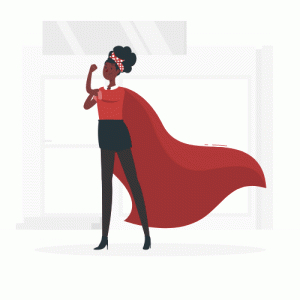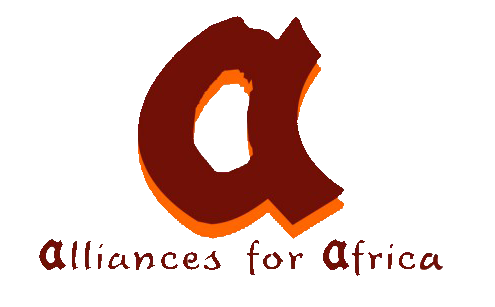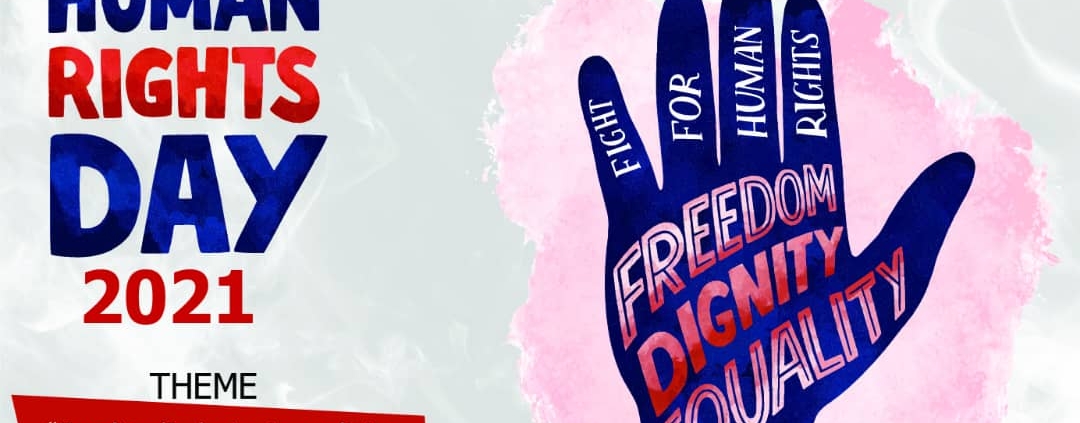International Human Rights Day; Equality for All
December 10th annually is observed as Human Rights Day to reaffirm the importance of human rights in re-building the world we want, our interconnectedness in shared humanity, dignity, and rights for all in opportunities and outcomes for fairer and inclusive societies.
This year’s Human Rights Day theme – “Equality” resonates with article 1 of the Universal Declaration of Human Rights – “All human beings are born free and equal in dignity and rights”.
The principles of equality and non-discrimination are at the heart of human rights. This includes addressing and finding solutions for deep-rooted forms of discrimination that have affected the most vulnerable people in our societies.
Systemic Inequalities create institutionalized and even structural problems of inequality in the society; workplaces, schools, religious institutions, politics, etc, fueled by patriarchy and male superiority narratives, stereotypes, unequal power relationship deeply rooted in African culture. Over time, systems and modern-day policies adopted these wrong ideas, incorporating them into workspaces, schools, religious institutions, and political spheres.
Nigerian women and girls lack access to freedom of thought, religion, opinion, and expression, as well as restricted access to education, the right to marry and have family, bodily integrity, and privacy amongst others.
Women and girls still grapple with obnoxious widowhood practices, lack of inclusion in security and peace process, punitive practices like such as female genital mutilation, disinheritance, child bride marriages, women being captive by insurgents who use them as sex slaves, and forced marriages, while others are stranded in the different internally displaced persons camps across the country. and several more inhuman treatments orchestrated to treat women as second-class citizens.
To tackle institutionalized inequality, we need to unlearn old norms and practices with the view to change the narrative towards a safer and fair playing ground for all genders. Human rights have the power to tackle the root causes of conflict and crisis, by addressing grievances, eliminating inequalities and exclusion, and allowing people to participate in decision-making that affects their lives.
We, therefore, implore the government to:
- Sign the Violence Against Persons Prohibition Bill into law in Imo state, this will make way for equitable access to justice for survivors.
- Ensure policies are put in place to promote equal access to health care for all citizenry including PLWD’s.
- To enact policies that ensure equitable solutions and equal access to opportunities and embed fairness, inclusivity in decision-making processes in all government parastatals.
- To address workplace inequality in MDAs, Military and Paramilitary that deprive women same opportunity due to them, yet give the same to their male counterparts.
- Enact policies that are politically friendly and restructured to ensure the security and safety of women politicians during elections.
Equality, inclusion, and non-discrimination, in other words, a human rights-based approach to development, is the best way to reduce inequalities.





Leave a Reply
Want to join the discussion?Feel free to contribute!